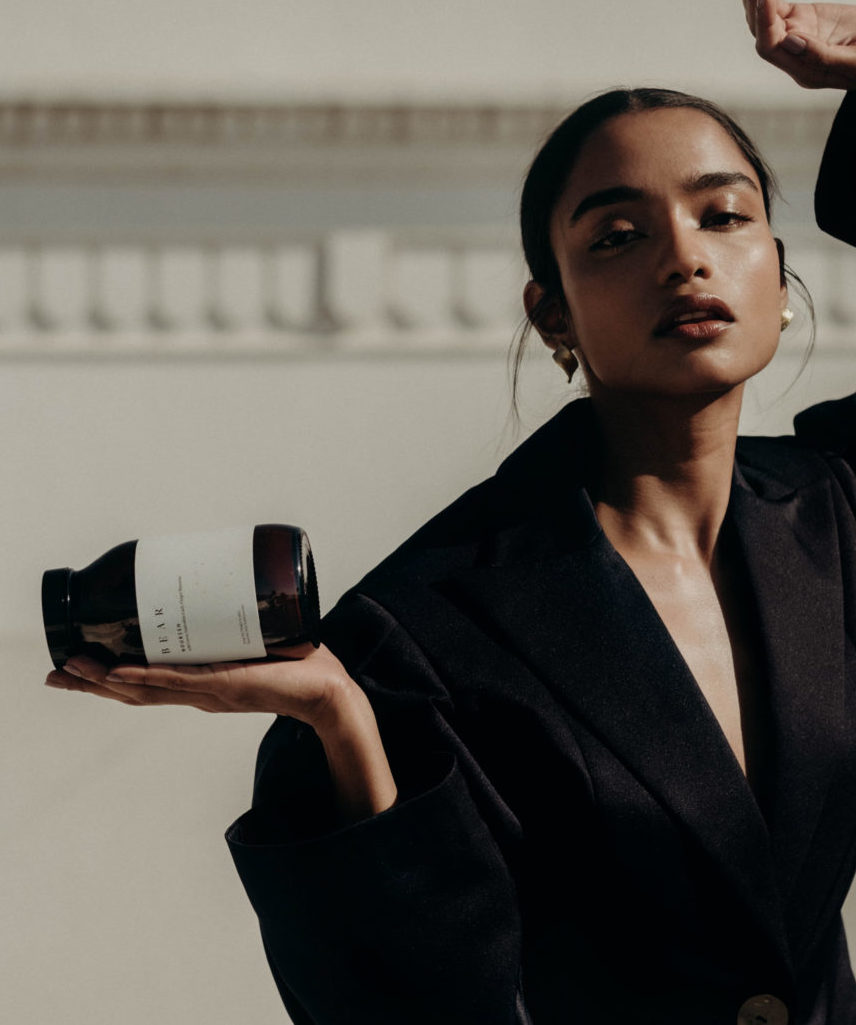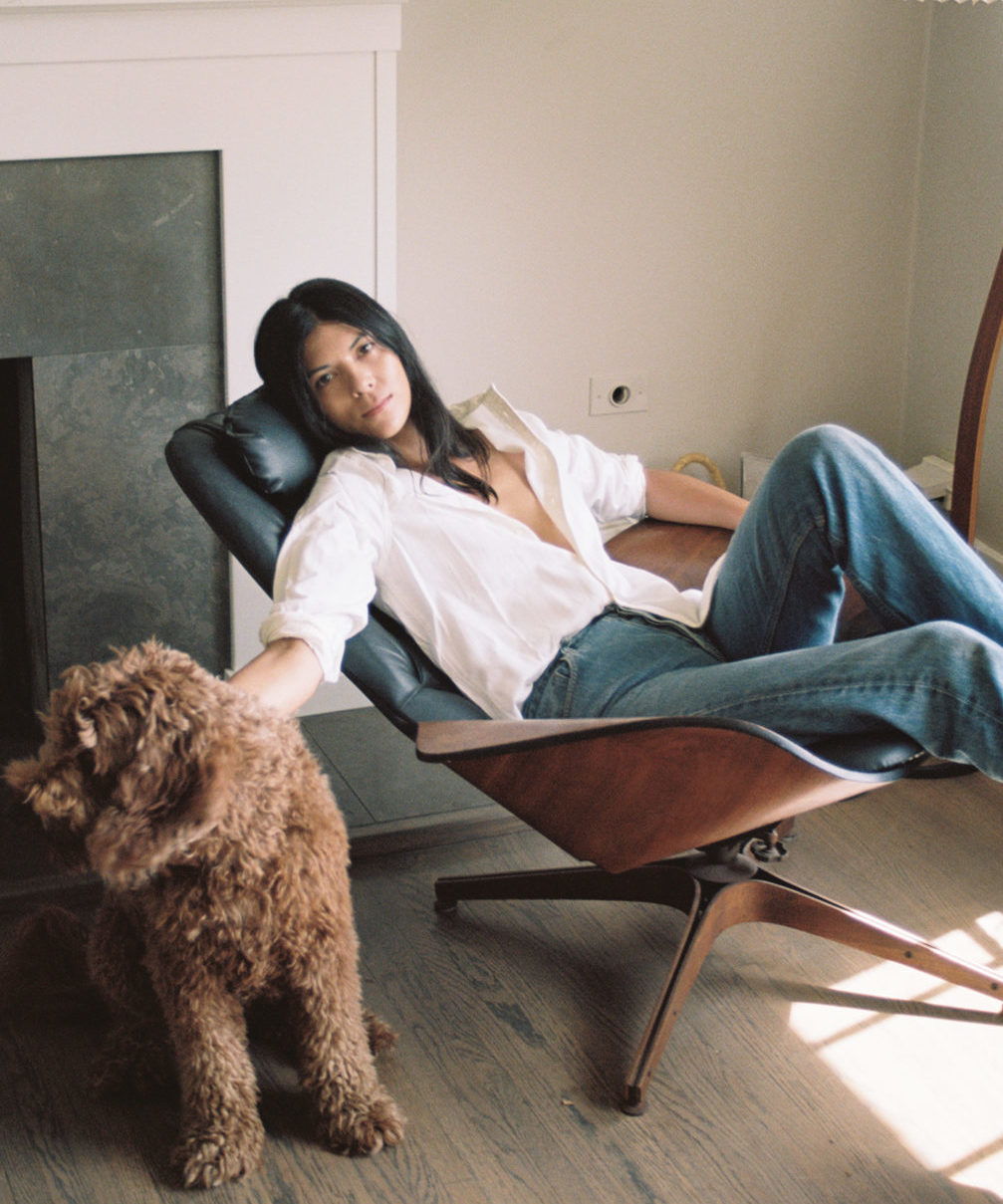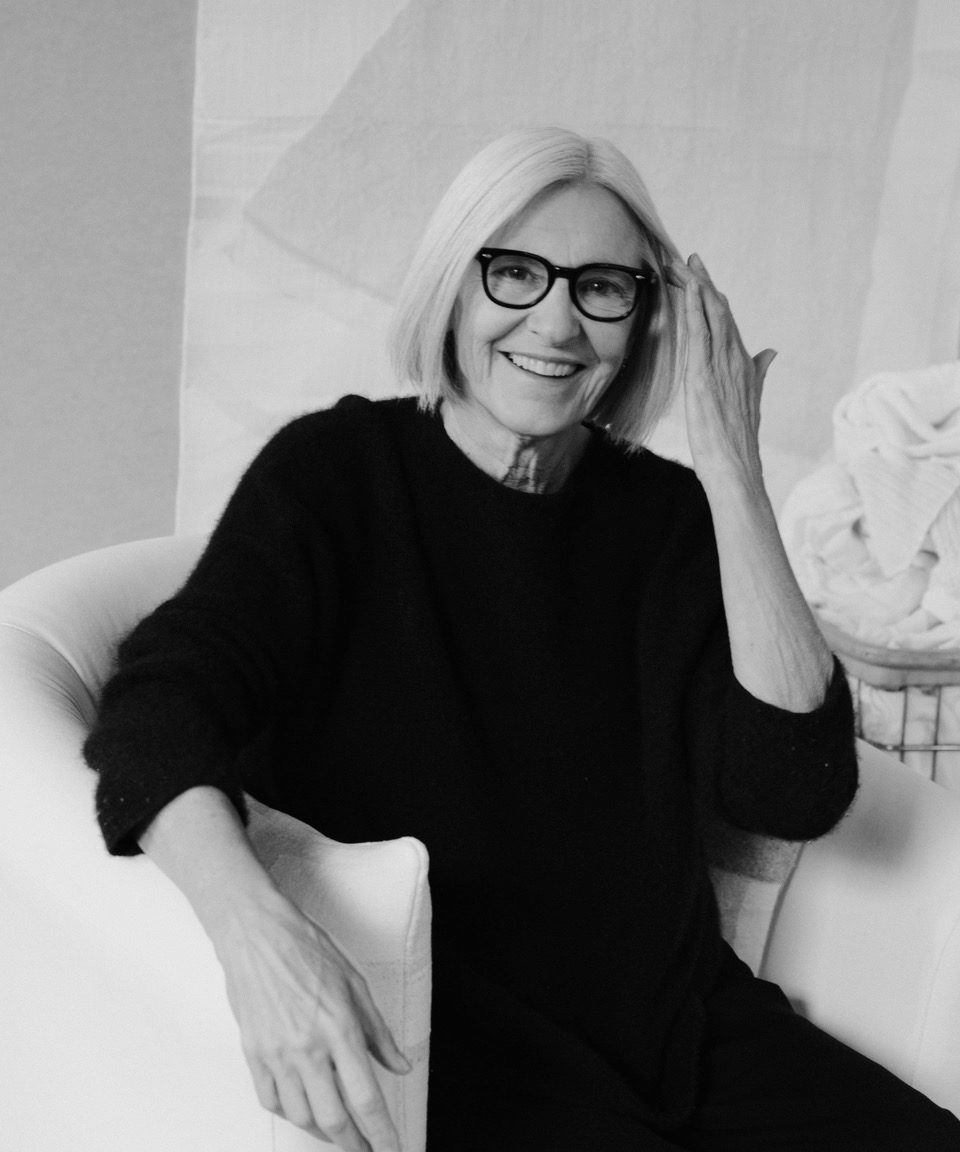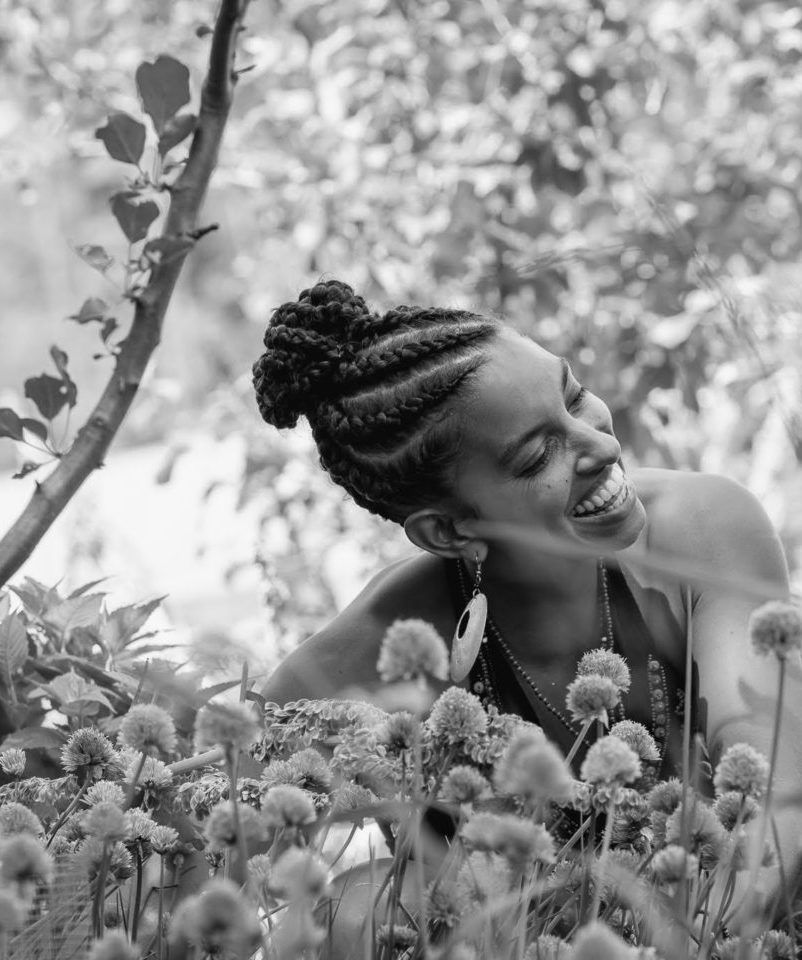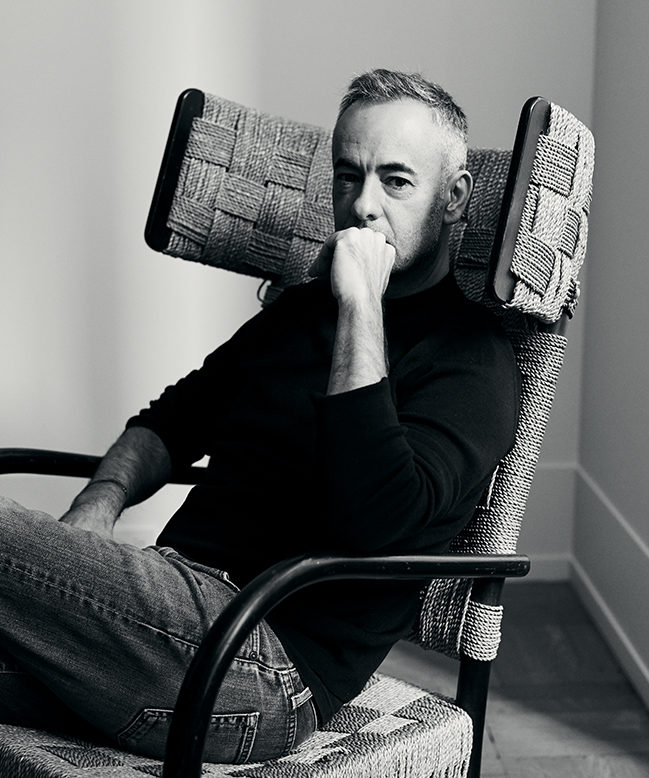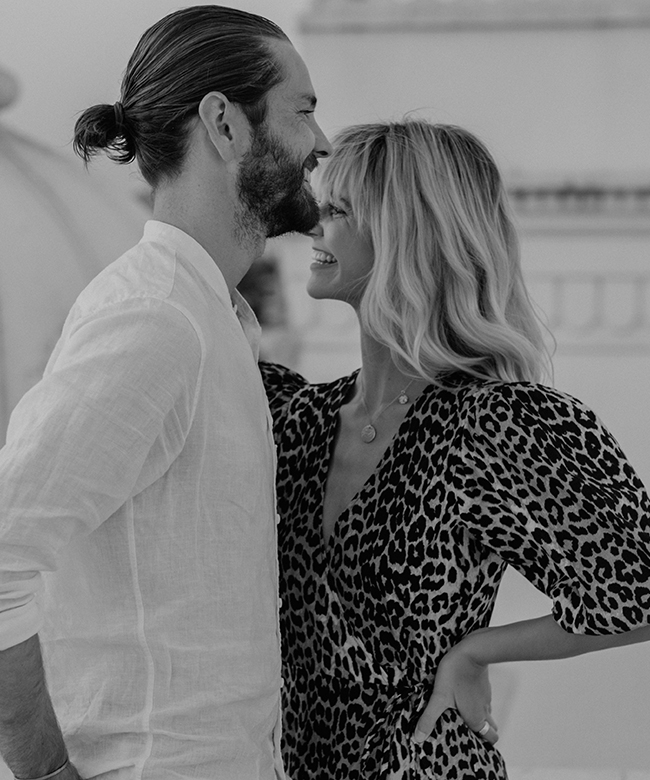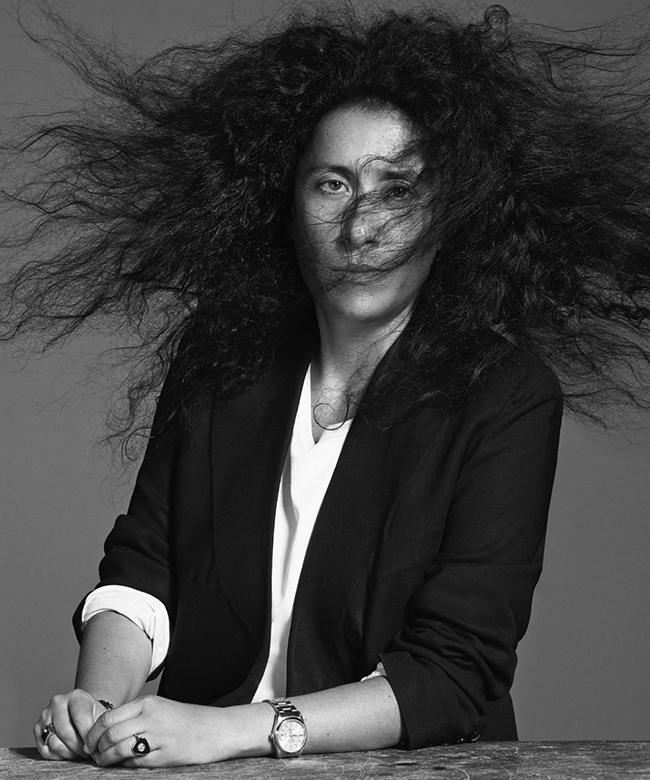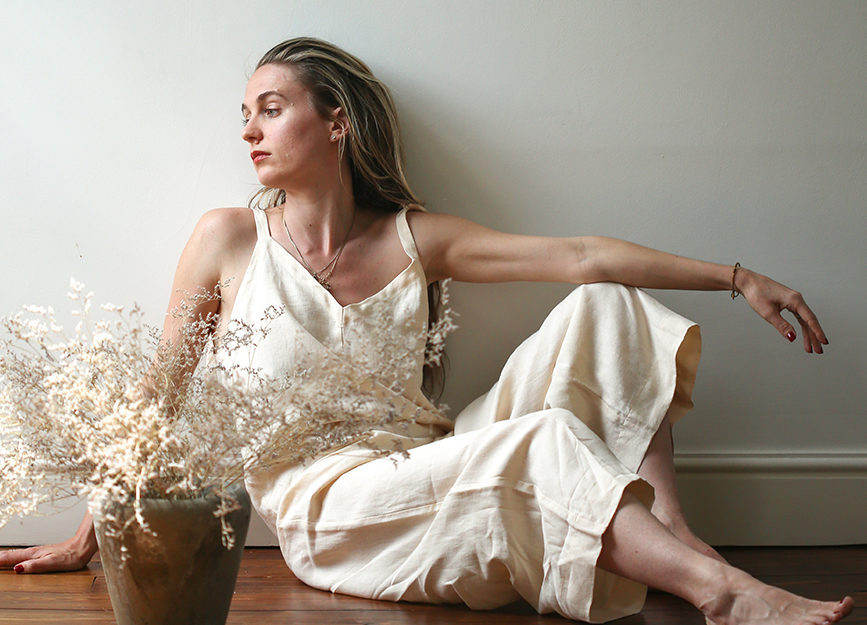

Our co-founder Cora wearing Arkitaip linens
Clean beauty by @bashoskin
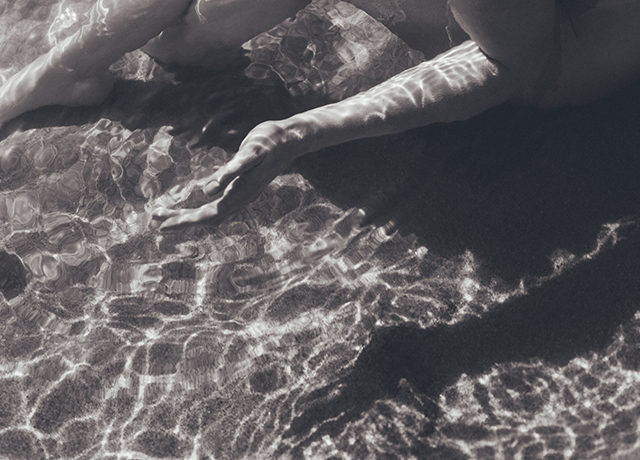

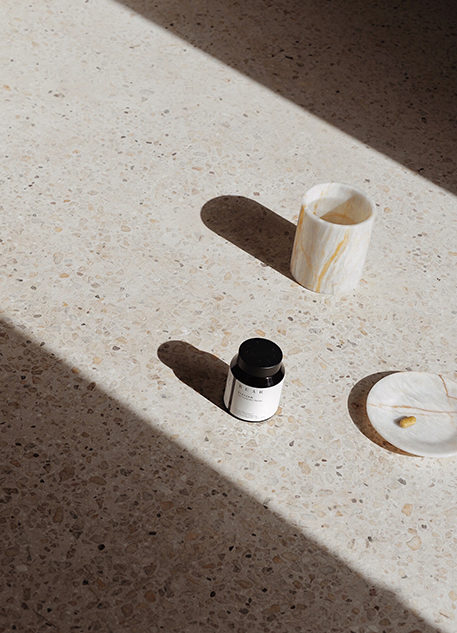

Clean nutrition by @bear.ltd
Environment
What ‘Clean’ Means To Us At Rêve En Vert
You’ve probably heard the term ‘clean’ within the fashion world, beauty world, and food world and lots of people have differing definitions. For us at REV it is a word that we put a lot of weight on, because everything that we stock on site has to pass a list of checks to ensure it is the most ethical, sustainable, and natural as possible. To us, clean means toxic free and in harmony with nature but we wanted to dive into this a bit more for our own ethos.
Clean Fashion
The fashion industry is one the dirtiest and most carbon emitting industries in the world as fast fashion and incredible amount of textile production continues to prevail. Unethical labor in unacceptable factories produce items that aren’t made to last and travel around the world from cheap factories to millions of shops in different countries. In 2019, it was reported that the fashion industry was the second largest consumer of the worlds entire water supply, produced over 10% of global carbon emissions and polluted our precious oceans with an unbelievable amount of microplastics. According to the UNECE and WRI, it is reported that over 85% of these textiles then end up in landfill EVERY YEAR.
We do not believe in this being the way fashion should be made. We believe in clean fashion, which to us stands for ethical labor, the use of natural and organic fabrics, recycling and upcycling preexisting materials, and clothing that is meant to last a lifetime rather than just one season. We only work with brands that align with our values and we never compromise. We also support mostly small designers (hardly any have investors that they need to answer to) that have integrity at their core and are run by women and men we have wonderful and understanding relationships with – designers we know are trying to improve their already wonderful collections and conscious supply chains.
Explore our designers here.
Clean Beauty
Now a very popular term, ‘clean beauty’ has often been coopted by big business to green wash products whose supply chains are oftentimes far from clean. The beauty industry generates over $500 Billion a year and continues to grow. However, it is plagued with plastics, chemicals, and unethical labor practices. Conventional products are filled with preservatives, parabens, artificial fragrances, and other harsh chemicals that eventually wash down our drains and into our oceans, water systems, and back into our soil. With more and more beauty products hitting the shelves every day, more and more plastic is hitting our landfills and oceans, and also the fish and sea wildlife that accidentally consume them. It is estimated that 80 billion pieces of plastic packaging are thrown away EVERY YEAR within the beauty industry alone.
We believe in clean beauty, which never compromises on ethical labor, organic and non-toxic ingredients, and is always made with low impact packaging. Brands like Kjaer Weis even offer refillable options to cut back even further on their waste. When it comes to ingredient lists, we think less is more and we ensure we only stock brands that source their ingredients ethically.
For more clean beauty insights see our Beauty editorial category here.
Clean Food
At REV, food is often a big topic of conversation as we all are quite foodie, and eating sustainably is a subject frequently covered in the REV podcast. The food industry is perhaps one of the industries most plagued with environmental and humanitarian indecencies – pesticides are used internationally to kill weeds and pests to get the biggest crop possible whilst depleting the soil health around them. All over the world our water, soil, air, and bodies are continuously threatened by pesticides, which create big issues for our health and the health of our beloved planet. Most of our society does not eat seasonally either, meaning most of our foods have to be shipped in for around the globe with a huge carbon footrpint. The atrocities we see happening against animals bred and killed for food are devastating to us, and most of us at REV opt for a plant based diet with small amounts of meat and dairy that are sustainably produced when any of us do eat it. We know it can seem more expensive to eat this way, but a pack of organic lentils costs you less than a poorly reared, cheap piece of steak!
We believe in clean eating, which doesn’t mean skipping chocolate or wine but opting for a product that is organic, seasonal, local, and where possible, fairtrade. Clean food and water should be a human right, but sadly sustainable food choices are often more expensive. When we can, we buy at farmers markets to support local organic farmers, who are doing what they can to feed us without excess emissions and unnecessary chemicals.
See our Food & Garden editorial category for more inspiration!
Clean Living
Clean living for us is about living as much as we can in a way that doesn’t harm the Earth or ourselves. It isn’t about eating or exercising to maintain a certain body image. No one can truly live clean in such a polluted world, but we can try and make certain decisions that are cleaner. Sadly, we don’t live in a world where clean living is a human right, but we can take inspiration from people, producers, brand owners, and farmers who are trying to work and live in accordance with nature as much as possible.
We believe that our homes should not be filled with toxic chemicals for cleaning, or decorated with items we may throw away in a year or two as they have gone out of style. Take time to let your home come together and invest in items you will cherish.
See our Lifestyle editorial category for more on clean and sustainable living.













